Kenya is a year-round destination, offering diverse experiences depending on when you visit. From world-famous wildlife safaris to birdwatching and stunning landscapes, there’s something for everyone at any time of the year.
The best time to visit Kenya largely depends on your interests and priorities—whether it’s spotting the Big Five, witnessing the Great Wildebeest Migration, or enjoying lush, green scenery with fewer crowds.
Here’s a detailed guide to help you plan your perfect trip to Kenya based on its seasons and attractions.
Here’s an overview:
1. Dry Season (June to October) — Best for Wildlife Safari
The dry season in Kenya is warm and sunny, with little to no rain. This is the most popular time to visit, as it coincides with pleasant weather and ideal conditions for outdoor activities.
Why visit Kenya during the dry season?
- Unparalleled wildlife viewing:
During the dry season, animals congregate around water sources, making them easier to spot. The sparse vegetation further enhances visibility, allowing you to observe wildlife in their natural habitat. Kenya’s iconic national parks, such as the Maasai Mara, Amboseli, and Tsavo, are bustling with activity as predators and prey navigate the challenges of the dry months. - The Great Wildebeest Migration:
One of nature’s most awe-inspiring events, the Great Wildebeest Migration, occurs between July and October. Over 1.5 million wildebeest, zebras, and gazelles cross the Mara River into the Maasai Mara, dodging crocodiles and predators in a dramatic struggle for survival. Witnessing this natural phenomenon is a bucket-list experience. - Comfortable Safari Conditions:
The dry season offers pleasant, sunny days and cooler evenings, making it comfortable for safaris. Roads in the parks are generally in good condition, making navigation easier.
What to keep in mind
The dry season is the peak tourist period, so expect larger crowds at popular safari destinations. Prices for accommodations and tours are also at their highest, so early booking is advisable.

2. Green Season (November to May) — Best for Birdwatching & Fewer Crowds
The green season encompasses Kenya’s wet months, with short rains in November and December and long rains from March to May. While rain may deter some travelers, this period offers its own unique charm.
Why visit Kenya during the green season?
- Spectacular birdwatching:
The arrival of migratory birds during this time makes it a paradise for bird enthusiasts. Over 1,000 bird species can be found in Kenya, including flamingos in Lake Nakuru and Lake Bogoria and other exotic species in Amboseli and Samburu. - Lush landscapes:
Rain transforms Kenya’s savannahs into vibrant green carpets, providing a stunning backdrop for photography and nature walks. The scenery is especially striking in places like the Aberdare Ranges and Mount Kenya National Park. - Fewer tourists:
If you’re looking for a more intimate experience, the green season is ideal. With fewer visitors in the parks, you can enjoy uninterrupted wildlife sightings and a peaceful atmosphere. - Budget-friendly travel:
This is the low season for tourism, and many accommodations and safari tours offer discounted rates. The green season is perfect for travelers seeking a more affordable Kenyan adventure.
Challenges to consider
While wildlife is still abundant during this period, animals tend to disperse due to the availability of water, making them slightly harder to spot. Heavy rains, particularly from March to May, can also affect road conditions and accessibility in some areas.
3. Shoulder Seasons (Late October to Early November and March to May)
These transitional periods feature moderate rainfall and pleasant temperatures, striking a balance between the extremes of the dry and green seasons.
Why visit during the shoulder seasons?
- Good wildlife viewing:
While the vegetation begins to thicken, you can still enjoy decent wildlife sightings. Parks like Samburu and Lake Naivasha offer excellent opportunities for spotting big game and aquatic life during these months. - Great for budget travelers:
With fewer tourists, you’ll find better deals on accommodations and activities. If you’re planning a safari on a budget, the shoulder seasons provide a good mix of affordability and accessibility.
What to keep in mind
The rain may occasionally disrupt plans, and road conditions in some remote areas can become challenging. However, for travelers willing to embrace a little unpredictability, the shoulder seasons can be highly rewarding.

Best Time to Visit Kenya Based on Activities
Best for wildlife safaris: June to October
This period offers the best conditions for spotting big game and experiencing the Great Wildebeest Migration. It’s perfect for first-time visitors or those keen on an unforgettable safari experience.
Best for birdwatching: November to May
Kenya’s wetlands and forests come alive with vibrant birdlife, including migratory species that only visit during the green season.
Best for scenic beauty and solitude: April to May
The rainy months bring Kenya’s landscapes to life with lush greenery and blooming flora. You’ll also encounter fewer tourists, making it an excellent time for a peaceful retreat.
Best for budget travel: March to May and Late October to Early November
With lower prices and smaller crowds, these months are ideal for travelers looking to explore Kenya without breaking the bank.
Practical Tips for Planning Your Trip
- Book early for the dry season:
If you’re planning a safari during the peak months of June to October, make reservations well in advance to secure your preferred accommodations and activities. - Pack for the season:
Light clothing, sunscreen, and a hat are essential during the dry season, while waterproof gear and sturdy shoes are a must for the green season. - Choose the right parks:
For the Great Migration, head to the Maasai Mara. Visit Lake Nakuru, Lake Baringo, or Amboseli National Park for birdwatching. If you want to escape the crowds, explore lesser-known parks like Meru or Chyulu Hills. - Consider local events:
Kenya’s cultural calendar includes events like the Maasai Mara Marathon in November and various local festivals, which can add an enriching dimension to your visit.
If you book your trip with a travel operator like Trumpet Adventures, they’ll organize everything for you. Get in touch with them directly below to find out how they can help organize the ultimate safari in Kenya:
Kenya’s diverse offerings make it a destination worth visiting at any time of year. Whether you’re chasing the drama of the Great Wildebeest Migration, marveling at the vibrant birdlife, or simply soaking in the beauty of Kenya’s landscapes, there’s always something magical to discover.
Your ideal travel time will depend on your interests, budget, and tolerance for rain or crowds. Plan wisely, and Kenya will reward you with unforgettable experiences and memories that last a lifetime.

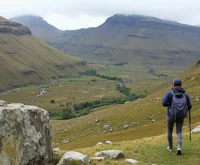
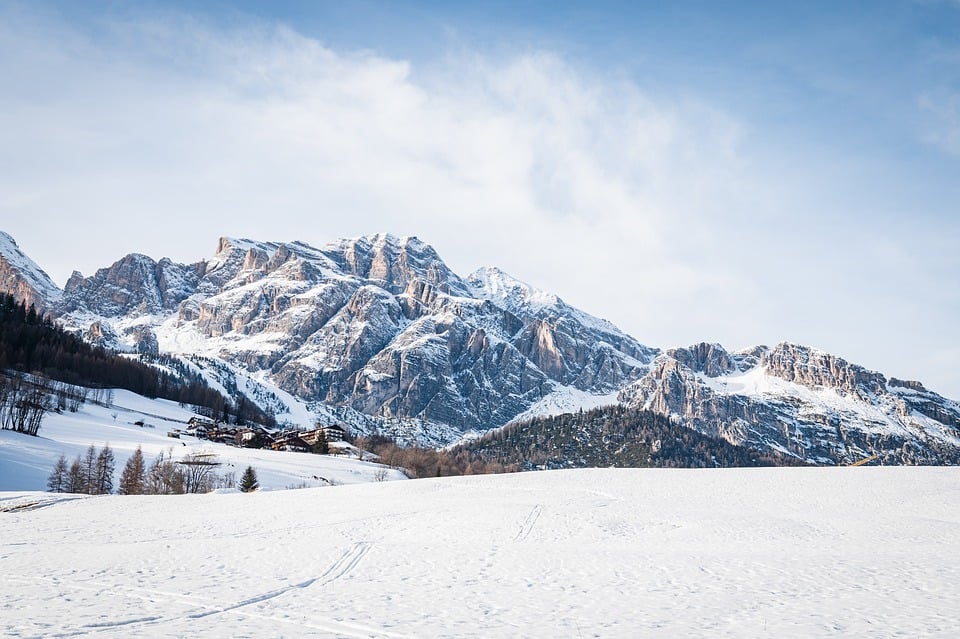
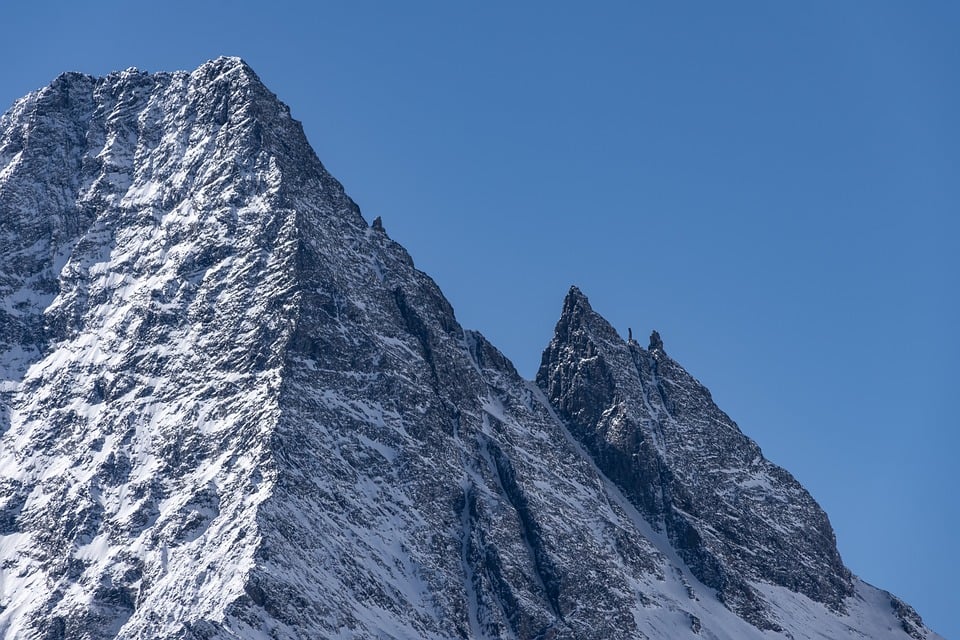

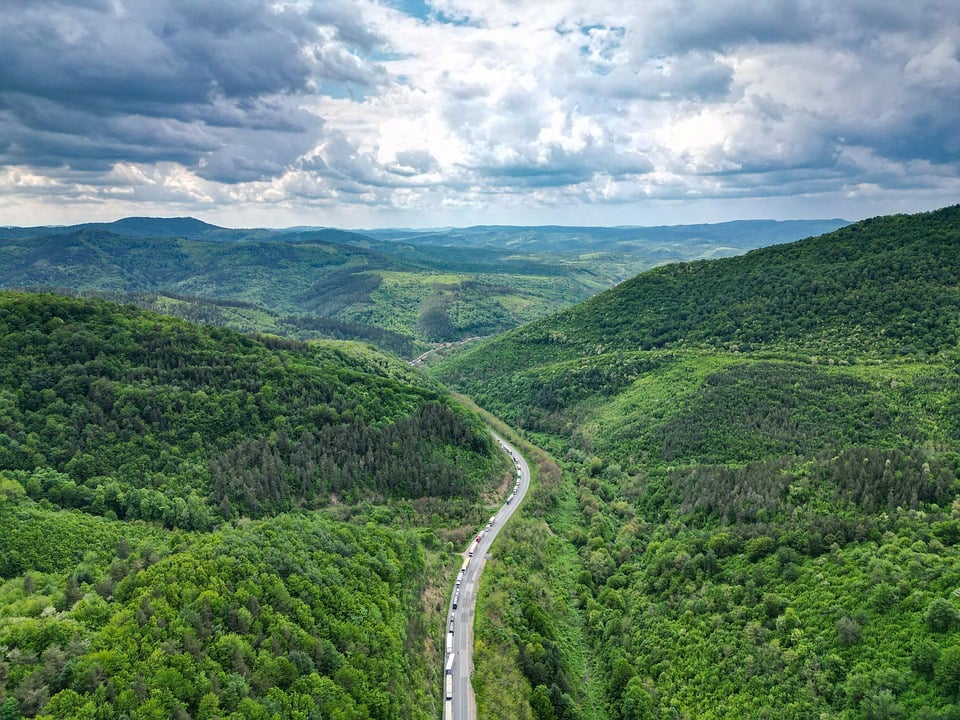


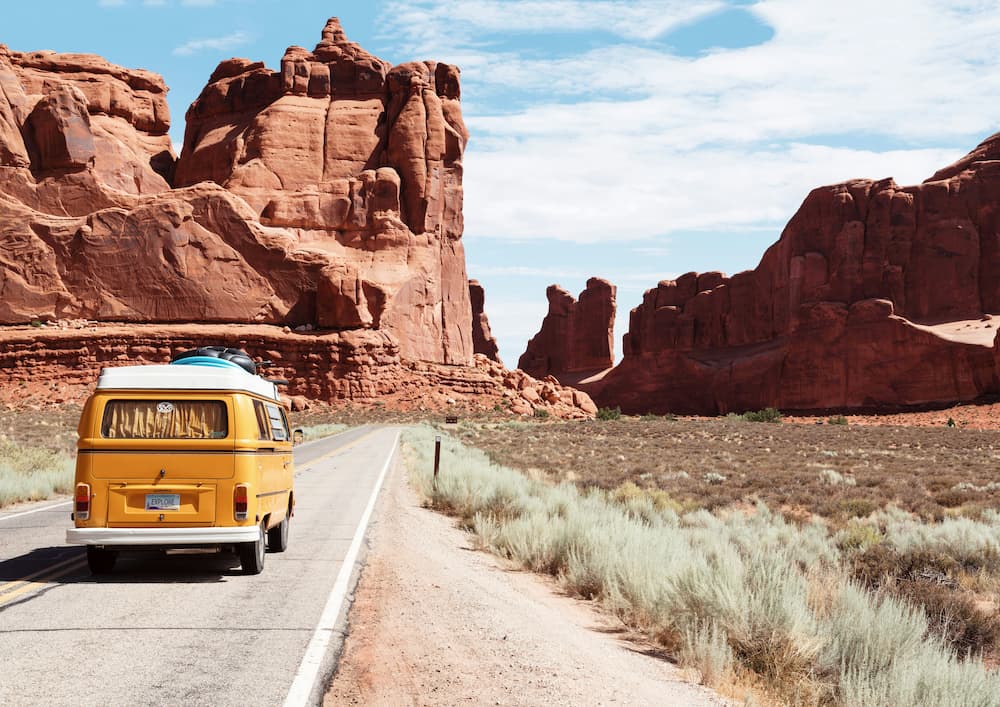
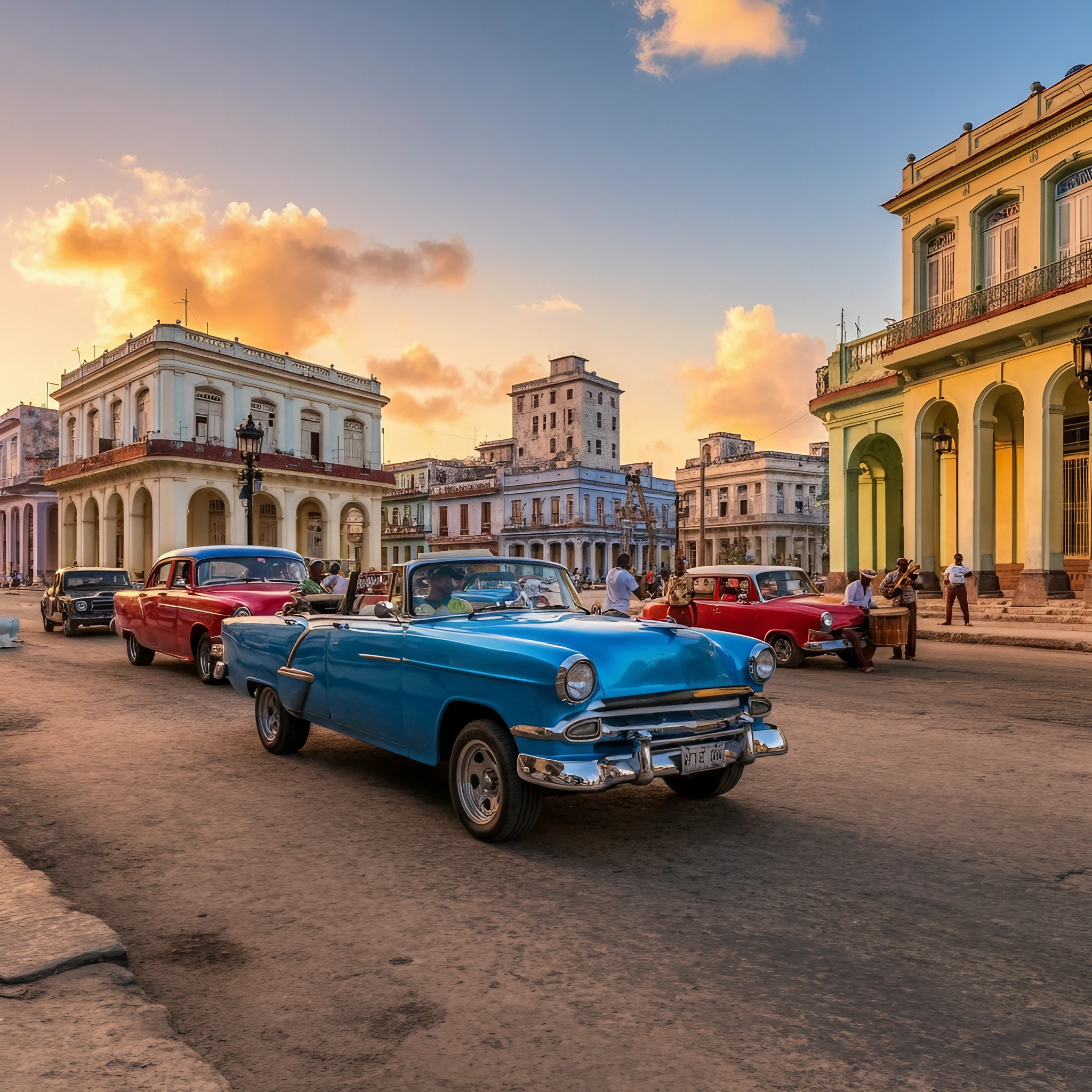
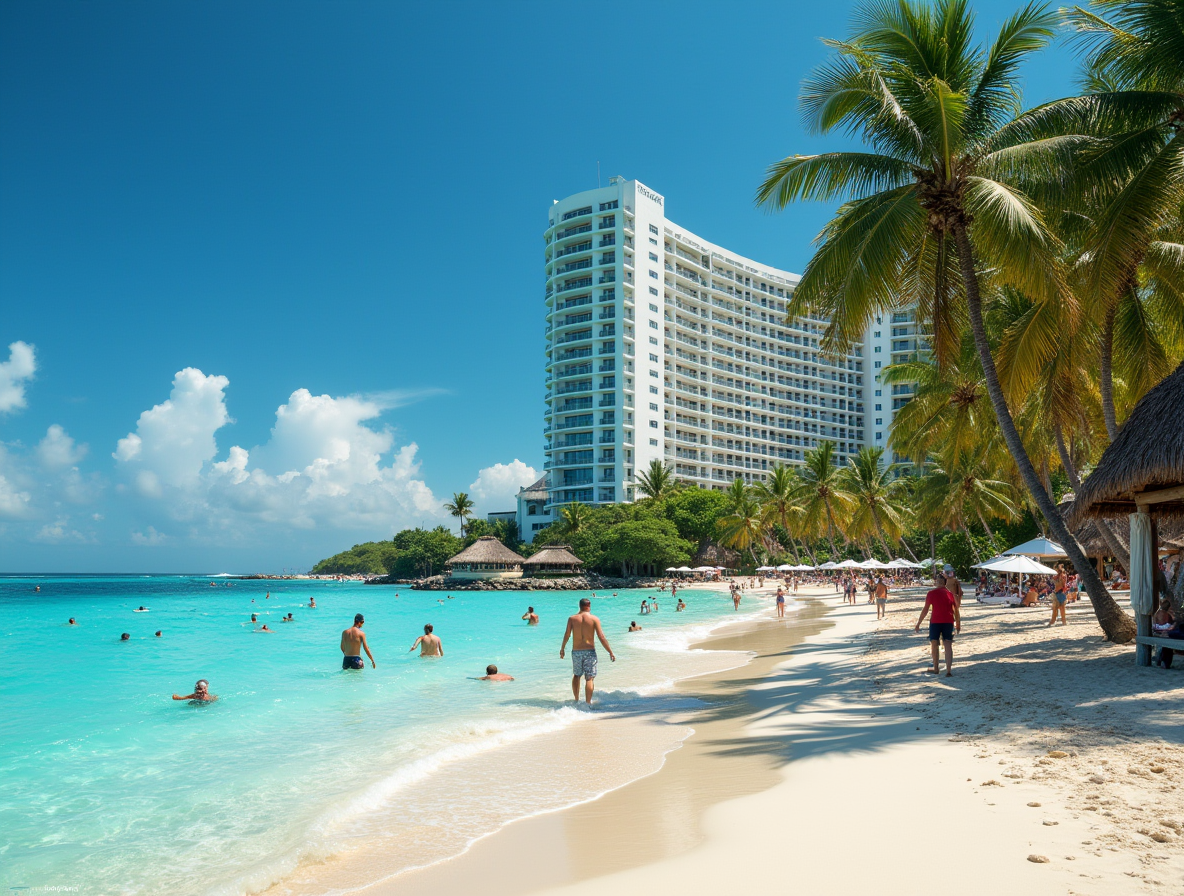

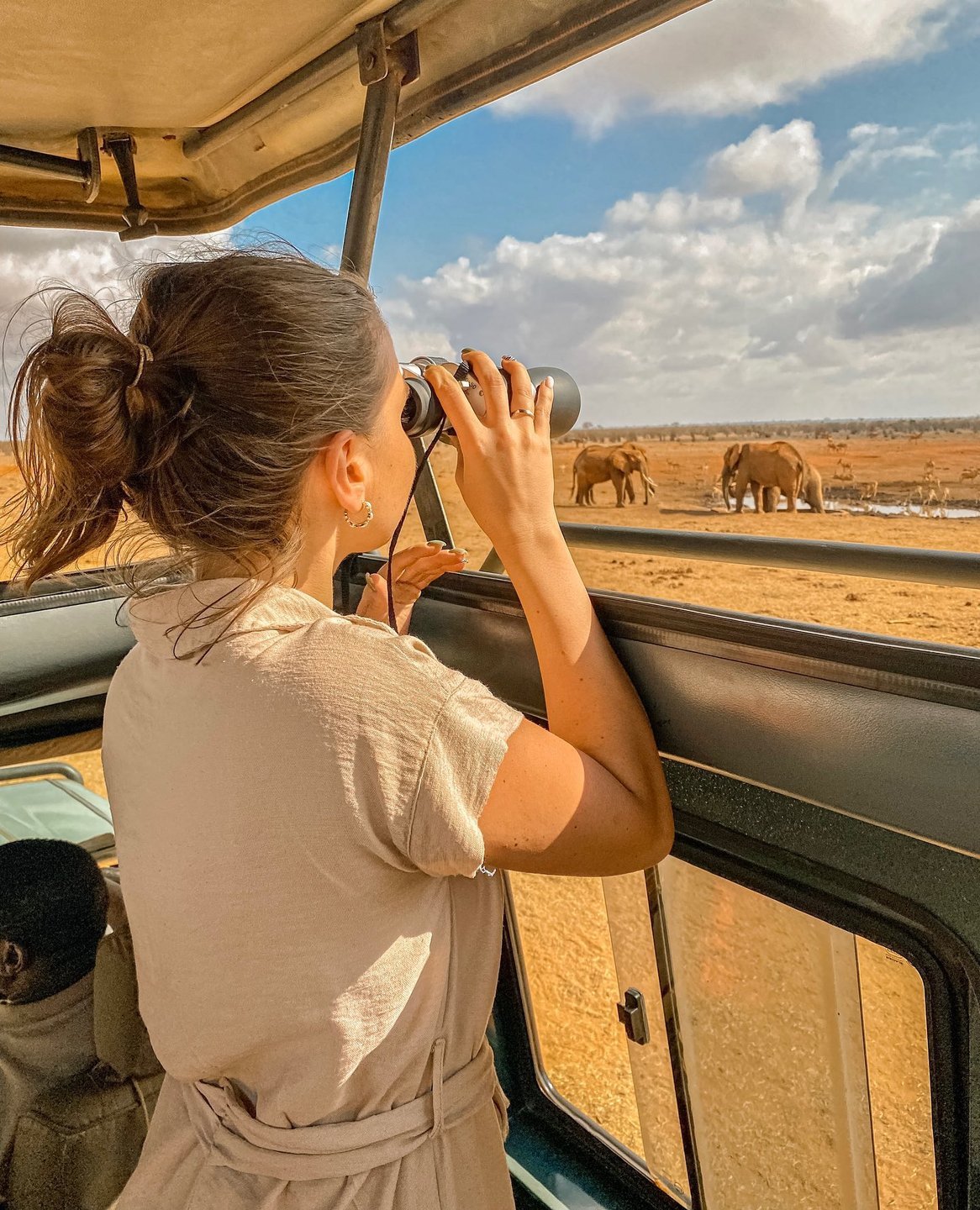
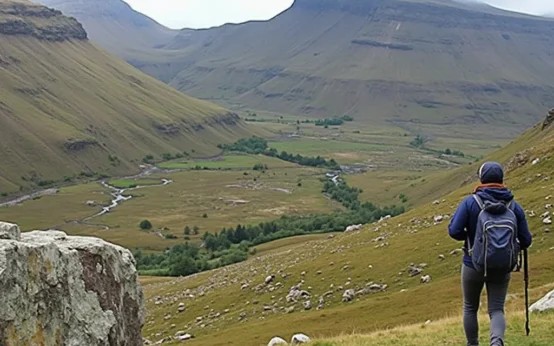 Top 5 Hidden Gems for Hiking Adventures in Scotland
Top 5 Hidden Gems for Hiking Adventures in Scotland  Keto Diet Recipes to Transform Your Health and Meals
Keto Diet Recipes to Transform Your Health and Meals